You forgot the “Cambodian” in Chinese-American
(Left to right) Tera Keang, Chandy Keang, Sophia Keang, Robert Keang, and Stephen Keang celebrates Cambodian New Year in Phnom Penh, Cambodia.
January 29, 2021
“Does anyone in this class speak Chinese?” my history teacher asked as she flipped through the slideshow detailing the Five Dynasties of Ancient China, “Sophia, how would you pronounce this?”. I looked up befuddled as the whole class stared at me. “I don’t know,” I said as my voice shook, “I don’t speak mandarin.” My teacher looked at me confused but didn’t say anything; she simply continued the lesson.
After the lesson, the kids at my table started asking me questions like, “You don’t speak Chinese? What kind of Chinese person doesn’t speak Chinese?” or “That’s kind of embarrassing not knowing how to speak your language. My face started heating up and turned red, not only from embarrassment but from anger.
I was thirteen when this happened. Thirteen. At the age of thirteen, most people would probably know what language they speak at home, so to be assumed that I spoke Mandarin in my household just because of my fair skin and small eyes seemed off.
Of course, we have all been taught to “never judge a book by its cover,” but what happens when we see that the romodels in our lives do the complete opposite? Was I just supposed to ignore it and pretend that my teacher didn’t just make assumptions because of the color of my skin?
I am a Cambodian-American of Chinese descent. Seems simple, yet so far from that.
Both of my parents grew up in Cambodia, a Southeast Asian country bordered by Thailand, Laos, and Vietnam. Not many people know or have even heard of Cambodia before and that’s okay. It’s a small country with not much relevance to American life, however, it’s a massive part of mine.
Soon after my parents met, they got married and moved into a one-bedroom apartment in Lowell, Massachusetts. After seven years of marriage, their family grew and had my siblings and me, making me a first-generation American.
I lived in Lowell for my entire life before moving to Westford in the summer going into fifth grade. Before then, I was surrounded by a vast community of Cambodian-Americans just like me; people who spoke the same language as me at home, sat next to me at the temple, and people who celebrated the same holidays.
When my family and I moved to Westford, it got frustrating trying to identify myself. As I struggled with fitting in like every other “new girl”, I tried my hardest to be like the rest of my peers. I asked my parents if I could start shopping at Justice and Claire’s instead of Sears and Walmart. I wanted an iPod like all the girls in my grade, and I wanted to get Snapchat and Musical.ly.
No matter how much I could spend on glittery yoga pants from Justice, I would never be able to buy my way into being white. So my next option was clear, I was already of Chinese descent, so why don’t I just say I’m Chinese?
From the span of sixth to ninth grade, the majority of my peers began to know me as another “Chinese girl” in their class. Though it may be true that I am of Chinese descent, I have always identified myself as Cambodian-American.
Both middle school and high school are challenging. It’s that age where kids are still trying to find who they truly are. By telling others that I was Chinese-American, I was basically ignoring the fact that I was also Cambodian. I was not only dishonoring my parents’ culture and background, but I was overlooking a part of me that I could never change.
Growing up in Lowell, I’ve never struggled so hard with trying to tell others who I am, they simply understood I was Cambodian and moved along. However, once I moved to a predominately white town, crazily enough, it has taught me more about myself than I could have ever imagined.
I’ve learned to take pride in my race, culture, and ethnicity. I’ve learned to correct others when they’ve mistakenly called me Chinese or Korean, even though it was awkward at times. But that’s the thing, for the past few years, society has taught me that racism towards Asians is normal. Society has told me to accept the fact that making an assumption based on one’s physical features is okay, while also to “never judge a book by its cover”.
To clarify, the word “Chinese” never offended me; it is the fact that the “Cambodian” part of me got disregarded throughout the years I’ve lived in Westford. It feels that a part of me, an overriding part, is purposely left out of others’ minds.
I am of Chinese descent, but I have Cambodian culture. So, what does that really mean for me? What do I call myself? If I’m being honest, I don’t even know. I’m still trying to figure out how this whole thing works as life goes on. I mainly tell people I’m Cambodian because that is my culture, the one thing in my life that has always stayed the same.
I will forever be proud of my roots, though at times it can be one of the most challenging things I face in life, nothing has ever taught me more than the color of my skin. The skin from my parents, the skin that roots back to the blood of my ancestors, my skin has ultimately taught me who I am.
Part two of many. More articles to come about my experience with racism as an Asian-American.

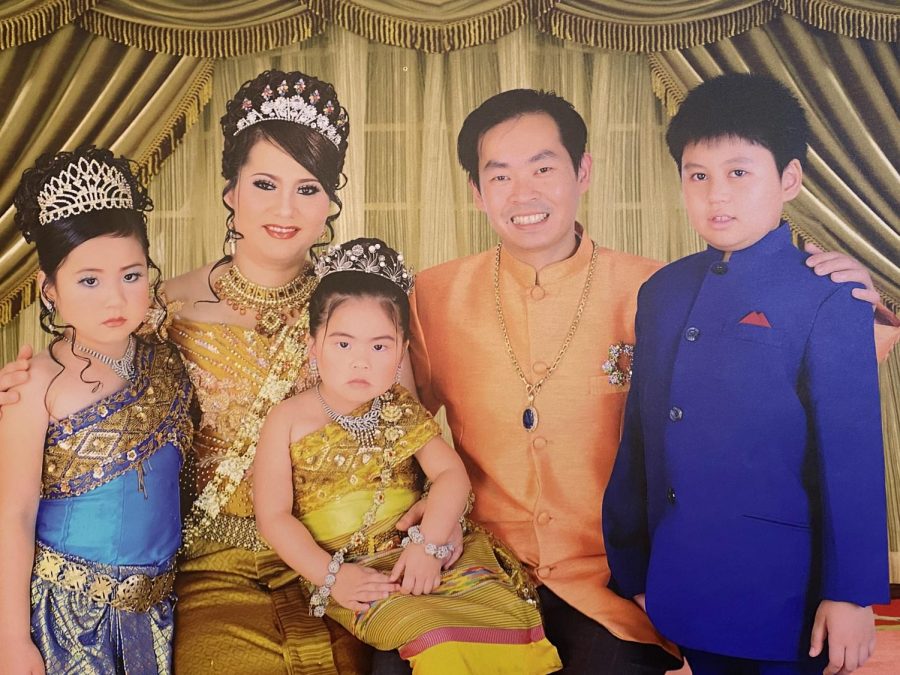
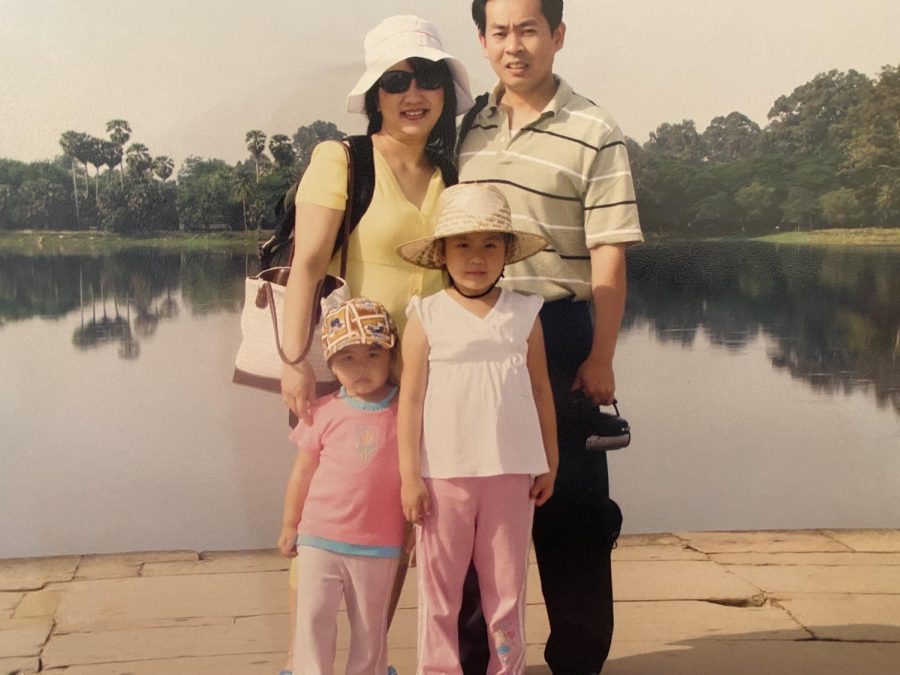
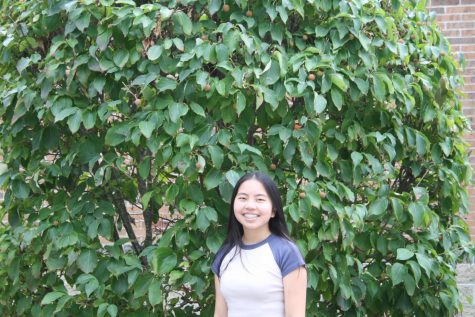
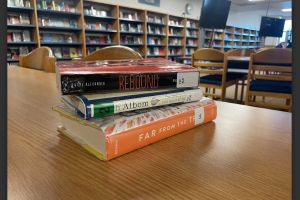
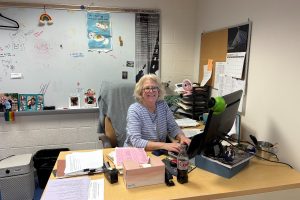

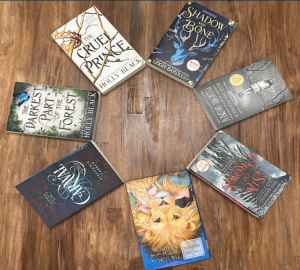
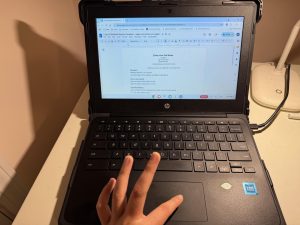

PK • Jun 16, 2021 at 7:12 pm
I normally don’t leave comments but I was looking for articles like this and found yours. This resonated with me because it is pretty similar to my life story. I didn’t grow up in a predominantly white area but a black one and I faced the same challenges- it really didn’t get any better until high school and that’s only because I got into a magnet school that was diverse. I’ve come to terms to just leave it at that I’m of Chinese descent, but my parents are from Cambodia and I was raised in that culture.
Thanks for writing this, it was a good read.
Pravar Mukkala • Jan 30, 2021 at 1:34 pm
This is such a relatable article, love it!!!
Samrita Murthy • Jan 30, 2021 at 12:47 pm
This was such a relatable article. Being Indian-American and trying to figure out my cultural identity in a major white town really resonated with me. Great writing Sophia, keep it up!!
James Farley • Jan 30, 2021 at 12:45 am
Great writing, Sophia! Super proud of you!